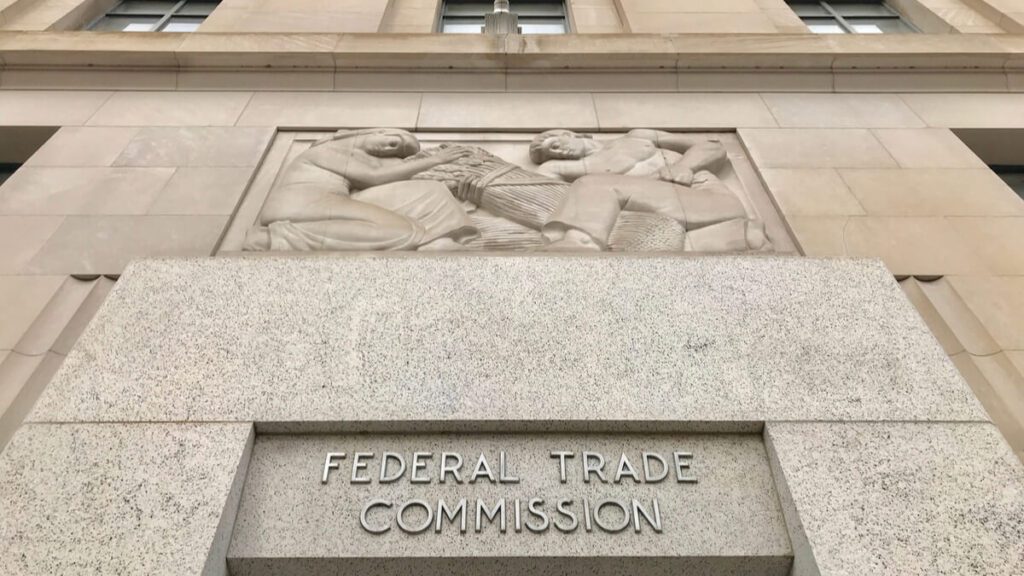
Federal Trade Commission (FTC) Chair Lina Khan recently publicized her policy priorities and vision in a memo that was sent out to staff members on Wednesday.
Supervised by five commissioners who vote on enforcement actions and policy statements, Khan set in stone the main priorities of the agency in the recent FTC memo: fixing power imbalances, reducing harm on the consumers, and targeting “rampant consolidation.”
Khan laid out the main focus of the agency, as well as how it can adjust its strategic approach to overcome issues born by “next-generation technologies, innovations, and nascent industries across sectors.”
FTC’s new list of priorities indicates that tech giants, even though none of them were named, will be under extreme scrutiny going forward.
The five principles outlined in the FTC memo are the following:
- Conduct a “holistic approach to identifying harms.” Khan noted that the agency should acknowledge that employees, private corporations, as well as consumers, can be equally harmed by antitrust and consumer protection violations. The famous antitrust lawsuits have previously emphasized strictly on consumer harm, as it was mainly concerned with how to price a product to ensure fairness. However, Khan argued in her memo that a more productive approach could be utilized to better assess harm by tech giants, which often offer free of charge platforms in exchange to high levels of engagement.
- Keep an eye on “targeting root causes rather than looking at one-off effects.” Khan explained that the FTC workers should examine how business models or conflicts of interest go against the law.
- Incorporate more “analytical tools and skillsets” for an overall assessment of business methods.
- Enjoy “forward-looking” and work on stepping up quickly when harm is done, this includes focusing on “next-generation technologies, innovations, and nascent industries across sectors.”
- Democratize the FTC through ensuring it’s “in tune with the real problems that Americans are facing in their daily lives.”
“Research documents how gatekeepers and dominant middlemen across the economy have been able to use their critical market position to hike fees, dictate terms, and protect and extend their market power,” Khan wrote in the memo, adding that “deeply asymmetric relationships between the controlling firm and dependent entities can be ripe for abuse.”
The FTC chairwoman also included non-compete agreements in her memo, which she says have the ability to restrict workers from which jobs they can take on, as well as impose restrictions on consumer’s right-to-repair. Apple has been criticized in the past for the limit it imposed regarding the number of times users can repair Apple devices they purchased.
Earlier this year, the FTC vocalized its intentions to fighting these restrictions.
“Consumers, workers, franchisees, and other market participants are at a significant disadvantage when they are unable to negotiate freely over terms and conditions,” Khan wrote in the memo.
Inside Telecom provides you with an extensive list of content covering all aspects of the tech industry. Keep an eye on our Ethical Tech section to stay informed and up-to-date with our daily articles.